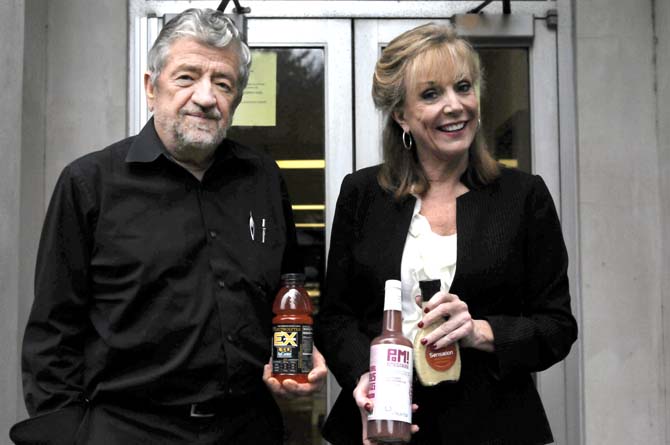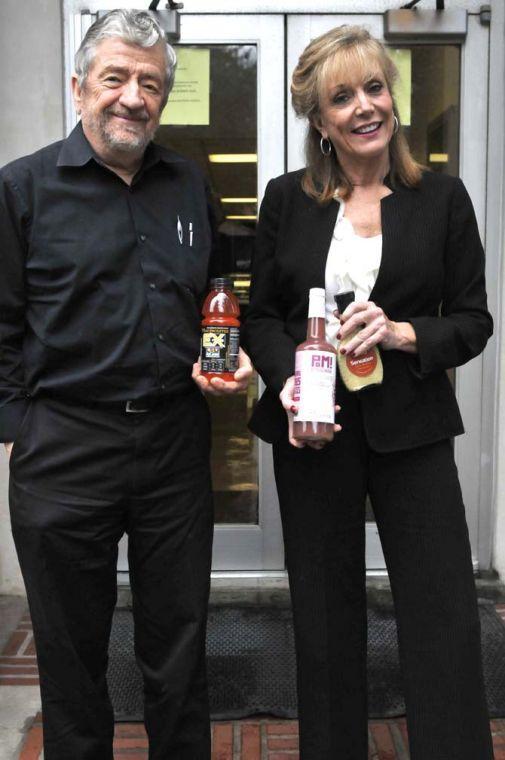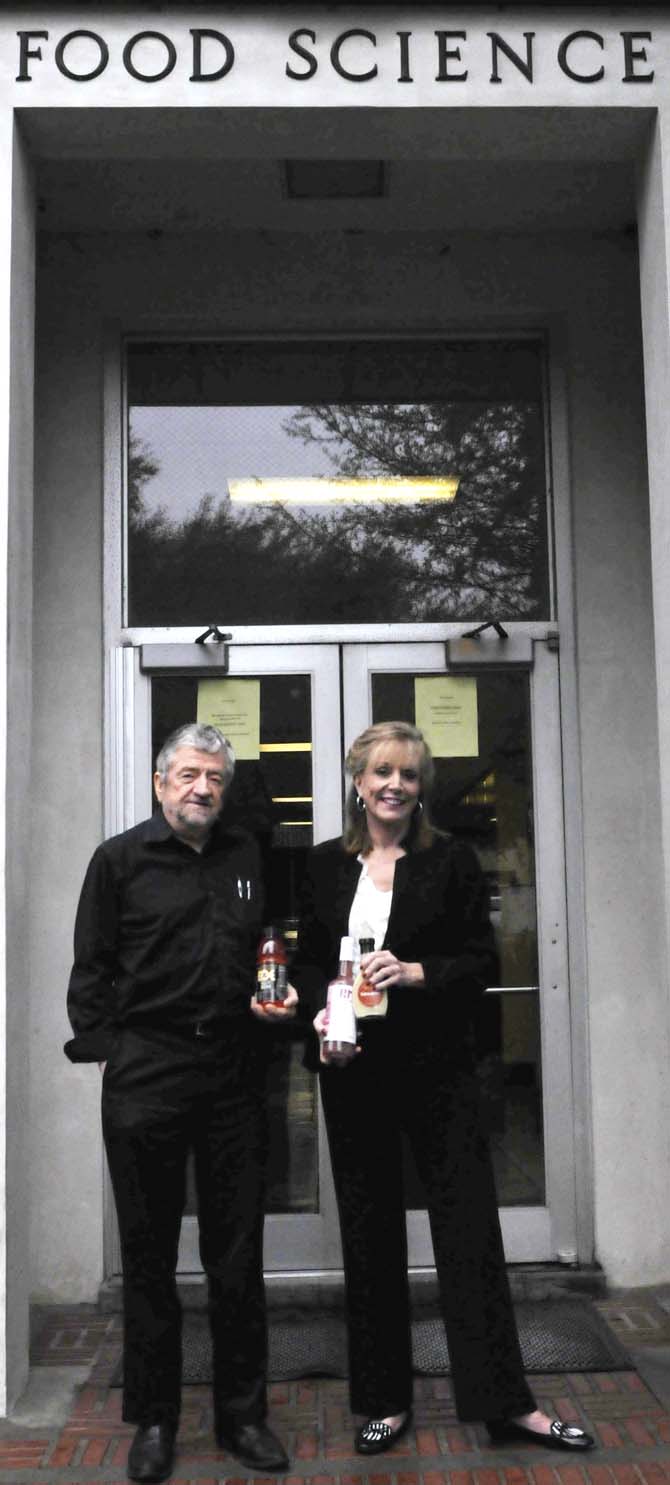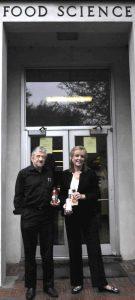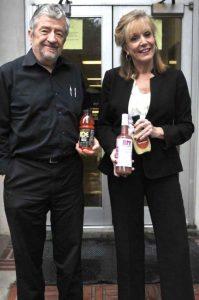Local food fiends will soon have a chance to see their secret recipes hit store shelves, thanks to the LSU AgCenter food business incubator and its coordinator, Gaye Sandoz.
The AgCenter announced in a news release last month it was “in the process of establishing a food business incubator” and had hired Sandoz, who previously worked at a similar operation in Norco, La. The incubator will provide start up food enterprises with business plans, production facilities and marketing support, Sandoz said.
“Nobody’s ever had a one-stop resource center for food companies until now,” Sandoz said. “Our state is known for food companies — we have 1,200 food companies in this state — and they’ve never had a place where they can go to for resources.”
John Finley, food science professor and department head, said the incubator will be outfitted with steam jacketed kettles, bottling equipment, grinders, blenders and baking capabilities. Sandoz said the only cost to tenants will be an application fee and hourly rent of the incubator kitchen.
Sandoz said 31 prospective tenants have already signed up. Among them are restaurants wishing to commercialize recipes and entrepreneurs who make barbecue sauce, salsa, gumbo and baked goods, she said.
Sandoz said the goal is to open the incubator facility, which will be housed in Clyde Ingram Hall, in April.
Today, more and more start up businesses are food-and-beverage related, Sandoz said. With so many looking to enter the world of food business, she said the new incubator will be a useful resource.
“Renting a commercial kitchen to them is just invaluable,” Sandoz said. “You can’t even put a price on it because they may get into the business and decide they don’t want to do it anymore, so they’ll be able to get in the business very
inexpensively.”
Finley said “supermarket shelves continuously evolve,” meaning the food business always has an appetite for fresh ideas.
“About 25 percent of the food business is products that are less than two years old,” he said.
Because so many people have ideas they want to turn into commercial products, Finley said the incubator is aware many of its tenants may not have a food industry background, especially when it comes to food safety.
Sandoz and Finley said the incubator and the University Food Science Department will cooperate to provide safety tests for tenants’ products.
“On the surface, my grandmother was making this stuff for years, but your grandmother probably kept it refrigerated or didn’t try to store it on a shelf for six months,” Finley said. “Foods are made from living things and they continually change, so you have to look at how long it stays an acceptable quality level.”
Sandoz said Finley and food science graduate students helped a tenant at the incubator in Norco to formulate a now-popular salad dressing for the shelf by adding preservatives.
“He sells 10 cases in one store in a week, which is incredible for a new food company, and he hasn’t been in business but four months,” Sandoz said.
Finley said the University’s resources will help make the incubator and its tenants successful.
“All the things you would need to operate a big company are here to help a small company because we’ve got all these different types of expertise around here,” Finley said.
Finley said when tenants sign up for the incubator, they will be paired with a food science student, permitting students to learn about product development while giving the tenant “the advantage of a more technically trained person.”
Sandoz said she hopes to involve other University departments, too, such as graphic design students to create logos and labels for tenants.
Charles D’Agostino, executive director of the Louisiana Business and Technology Center, said the LBTC will help the new incubator put together business plans and sign clients.
The LBTC operates an incubator for small businesses as well as one for University students who want to start their own businesses.
“A small business starting up in a garage or on a kitchen table or in a dorm doesn’t have access to that, so they come to the incubator,” D’Agostino said.
Sandoz said the incubator she will oversee can have a considerable impact on the local economy.
“We use local insurance companies, which gives them lots of business. We use local bottling companies, local labeling companies,” Sandoz said. “We try to keep everything in Louisiana.”
“Nobody’s ever had a one-stop resource center for food companies until now.”


